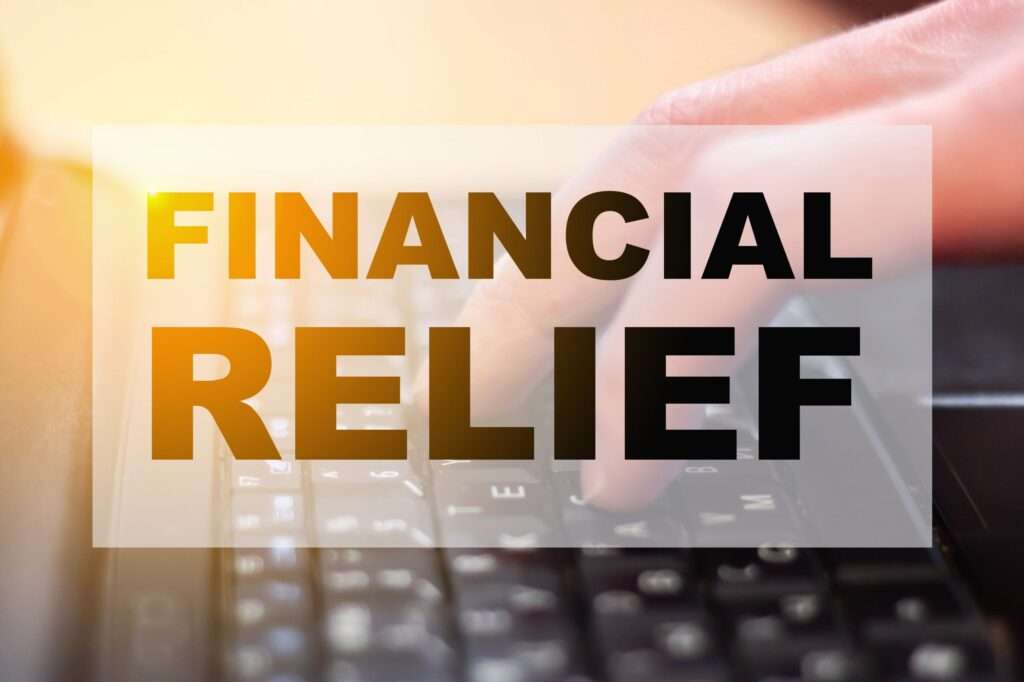Finding Relief:
A Guide to Financial Assistance Programs and Services
Life can throw unexpected curveballs, leaving us in need of financial support. Navigating the web of available programs and services can feel overwhelming, but knowing where to look can make a world of difference. This article outlines various organizations and services designed to provide financial assistance when times get tough.
Government Programs:
- Child Support: This program ensures financial contribution from a non-custodial parent towards their child’s upbringing. Contact your local child support agency or visit ChildSupport.gov for information and assistance in applying.
- Unemployment Insurance: If you lose your job through no fault of your own, unemployment insurance provides temporary financial assistance while you search for new employment. Eligibility and benefit amounts vary by state; visit your state’s unemployment website for details.
- Social Security: This program offers various benefits depending on your age, work history, and disability status. Retirement benefits, survivor’s benefits, and disability benefits are available. Explore the Social Security Administration website to learn about eligibility and application procedures. Social Security Screening tool
- Workers’ Compensation: If you’re injured on the job, workers’ compensation provides medical care and partial wage replacement during your recovery. Contact your state’s workers’ compensation agency or employer for information on filing a claim.
- TANF – Temporary Assistance to Needy Families
Non-Profit Organizations:
- Charity Assistance Programs: Numerous non-profit organizations offer financial assistance for specific needs like rent, utilities, food, medical bills, or childcare. United Way, Catholic Charities, and Salvation Army are examples of organizations with local affiliates providing such aid.
- Food Banks and Pantries: Food insecurity can be a significant financial burden. Local food banks and pantries distribute meals and groceries to those in need. Find locations near you through Feeding America’s website.
- Emergency Assistance Programs: Organizations like Salvation Army and local social service agencies provide emergency assistance for rent, utilities, and other immediate needs.
Other Resources:
- Crowdfunding Platforms: Platforms like GoFundMe can be used to raise funds for specific needs, such as medical bills or unexpected expenses.
- Scholarships and Grants: If you’re seeking financial aid for education, explore scholarship and grant opportunities through your school, government agencies, and private foundations.
- Financial Counseling Services: Non-profit agencies and credit counseling organizations offer free or low-cost financial counseling to help you manage debt, budget effectively, and improve your financial well-being.
Remember:
- Eligibility requirements vary for each program and service. Be sure to research and understand the criteria before applying.
- Seek professional guidance if needed. Navigating complex financial situations can be daunting. Talk to a financial counselor or social worker for personalized advice and support.
- Don’t hesitate to ask for help. Finding financial assistance can be challenging, but don’t be afraid to reach out for support. There are resources available to help you during difficult times.
This is not an exhaustive list, and resources available to you will depend on your specific circumstances and location. Be proactive in researching and connecting with programs and services that can provide the support you need. Stay informed, stay hopeful, and remember, you are not alone in facing financial challenges.

